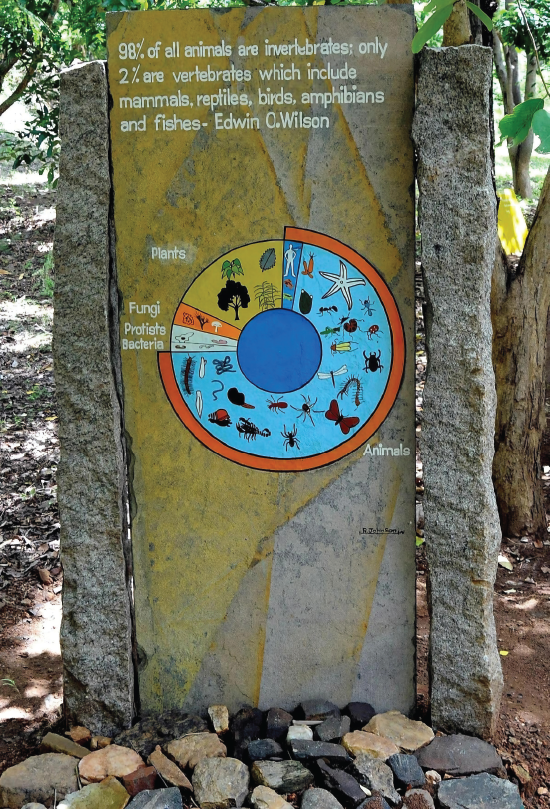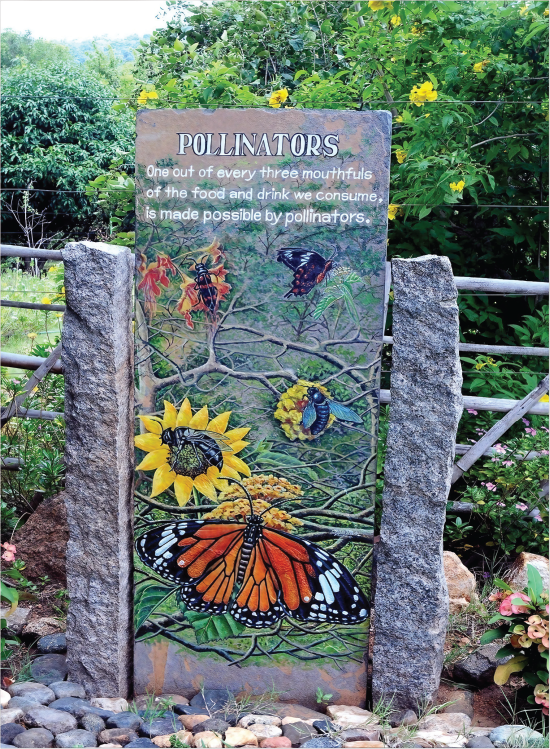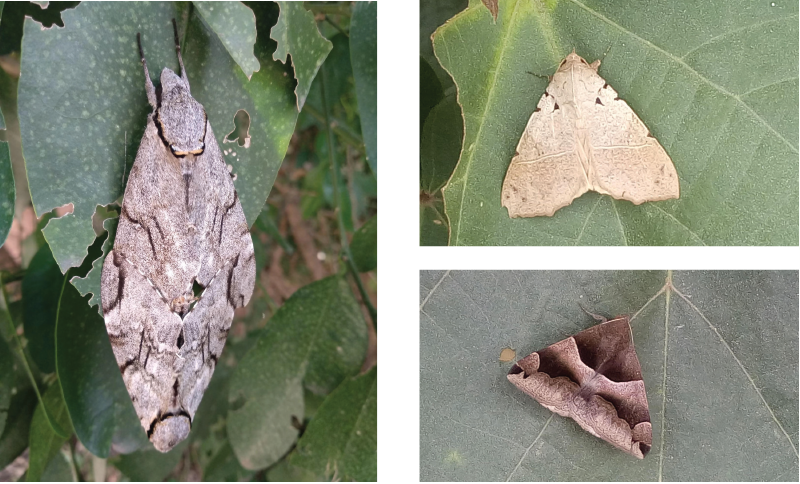They crawl, fly, wiggle, and buzz—but we barely notice them. Yet, without invertebrates, life on Earth would come to a standstill. As ecologist B. RATHINASABAPATHY explains, invertebrates are the unseen workforce that pollinates our crops, cleans our soil, and feeds our ecosystems. In a world where ninety-eight percent of animal species are invertebrates, can we afford to ignore their silent disappearance?
When we think of wildlife conservation, majestic elephants, soaring eagles, or the elusive tiger often come to mind. Yet these iconic creatures are just a few examples of vertebrates, which make up only two percent of the animal kingdom. The remaining ninety-eight percent are invertebrates—organisms without a backbone—ranging from bees and butterflies to earthworms, ants, spiders, snails, and numerous other species. These creatures may be small and often overlooked, but they form the very foundation of life on Earth.
Why Invertebrates Matter
Invertebrates play a crucial ecological role in maintaining the balance of ecosystems.
- Pollination: Bees, butterflies, and beetles are key pollinators for a majority of our food crops and wild plants. Without them, both natural and agricultural landscapes would collapse.
- Decomposition: Earthworms, termites, and flies break down organic matter, recycling nutrients and enriching the soil.
- Food Web Support: Invertebrates play a crucial role in the food chain. Birds, reptiles, amphibians, and even mammals (including humans through seafood) rely on them as food.

Despite their importance, invertebrate populations are facing alarming declines due to several human-induced factors:
- Urbanization has led to the fragmentation and destruction of natural habitats, severely limiting the spaces where these species can thrive.
- The widespread use of pesticides in agriculture poses another significant threat, as these chemicals not only eliminate pests but also harm essential pollinators and other beneficial insects.
- Climate change is disrupting ecosystems by altering weather patterns, which in turn affects the breeding cycles and availability of food sources for invertebrates.
A Call to Action
It’s time we shift our focus to include these unsung heroes in our conservation efforts. Protecting invertebrates does not require massive interventions—it starts with small, meaningful actions:
- Establish Pollinator and Butterfly Gardens: Native flowering plants attract local pollinators and provide them with the resources they need to survive.
- Restore Native Habitats: Planting native trees and shrubs recreates microhabitats essential for invertebrate survival.
- Conduct Biodiversity Assessments: Parks, gardens, and urban green spaces should be surveyed to understand the existing invertebrate diversity and identify threats.
- Reduce Chemical Use: Encourage organic and sustainable farming and landscaping practices.
- Raise Awareness: As the Heartfulness spiritual guide, Daaji, says, “Each One, Teach One and Plant One Tree.” This philosophy embodies the spirit of grassroots conservation.

Hope for the Future
Year after year, if we continue to plant, nurture, and educate, we will begin to see the return of vibrant butterflies, buzzing bees, colorful beetles, and other invertebrates to our gardens and parks. With time, we can rebuild the invisible network that sustains life, one pollinator at a time.
Invertebrate conservation is not just about saving insects—it’s about preserving the intricate web of life that sustains us all. Let us not wait until silence fills the skies where bees once buzzed. The time to act is now.
Protecting invertebrates is protecting life itself. Let’s act now—plant one, teach one, save many.
Invertebrate conservation is not just about saving insects—
it’s about preserving the intricate web of life that sustains us all.
Let us not wait until silence fills the skies
where bees once buzzed. The time to act is now.


B. Rathinasabapathy
B. Rathinasabapathy is an ecologist with 37 years of experience in forest restoration, biodiversity conservation, and environmental education. He has led ecological projects across India, including the Western... Read More

